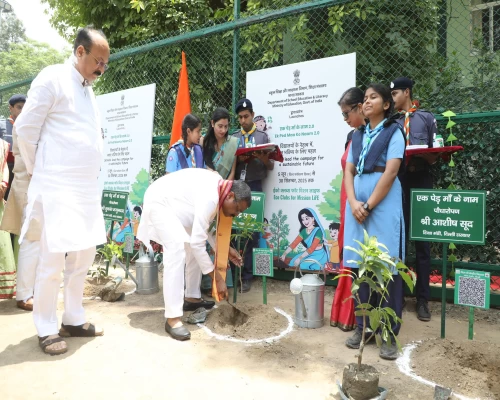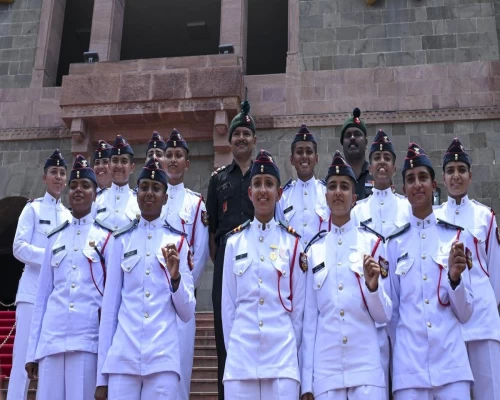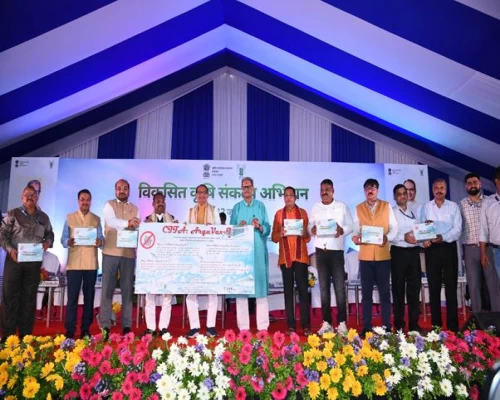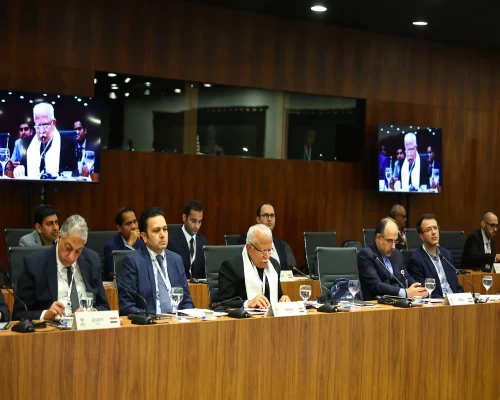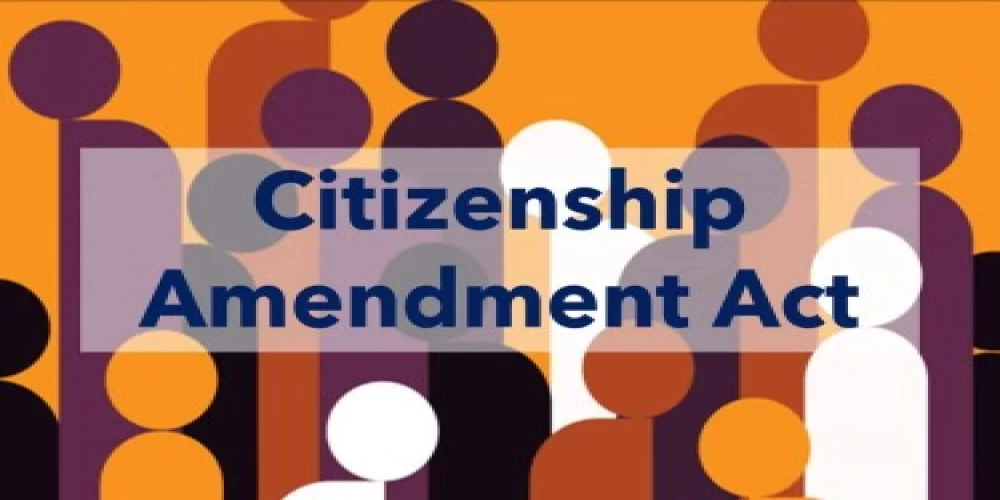
New Delhi: The Union home ministry has officially implemented the Citizenship (Amendment) Act, 2019 on Monday, through the notification of Citizenship (Amendment) Rules, 2024. The Act aims to grant Indian citizenship to individuals from Hindu, Sikh, Buddhist, Jain, Parsi, and Christian communities who escaped religious persecution in Pakistan, Afghanistan, and Bangladesh and migrated to India before December 31, 2014.
Under the revised rules, the period of residence required for immigrants seeking citizenship by naturalization has been reduced from "not less than 11 years" to "not less than five years" as stipulated in the CAA. Eligible immigrants can now apply for Indian citizenship through registration or naturalization in an electronic format, to be submitted to the empowered committee via the district level committee.
Applicants are required to furnish specific documents demonstrating their nationality from Afghanistan, Pakistan, or Bangladesh, as well as evidence of their entry into India before December 31, 2014. Additionally, applicants must submit an affidavit affirming their eligibility criteria and providing their address in India along with the date of entry. Depending on their circumstances, applicants may need to provide additional documentation, such as proof of marriage to an Indian citizen or proficiency in one of the Eighth Schedule languages.
Upon submission of an application, an acknowledgment will be issued, followed by document verification by the district level committee. Upon successful verification, the designated officer will administer an oath of allegiance to the applicant, with the oath then forwarded to the empowered committee for further consideration. Failure to appear for the oath ceremony may result in citizenship refusal.
The empowered committee holds the authority to grant citizenship, after which individuals will receive a digital certificate of registration/naturalization. Documents required to prove nationality and entry into India include passports, registration certificates, birth certificates, and various government-issued identity documents.
Overall, these rules outline a structured process for eligible immigrants to apply for Indian citizenship under the Citizenship (Amendment) Act, 2019. /BI/






